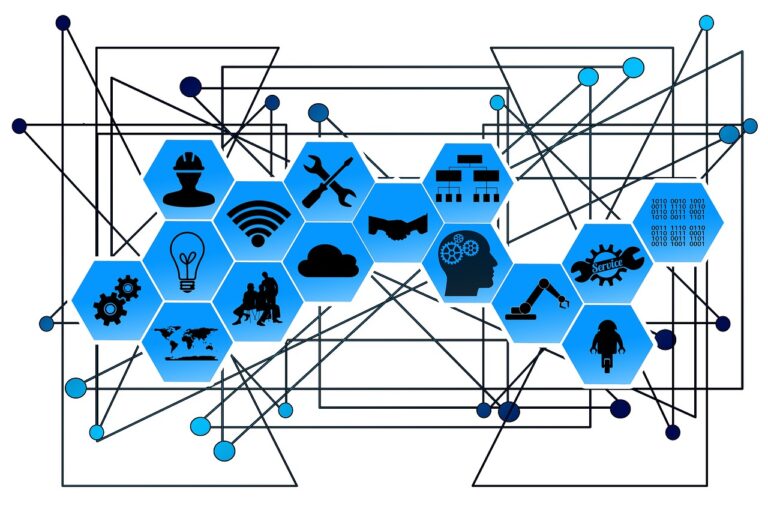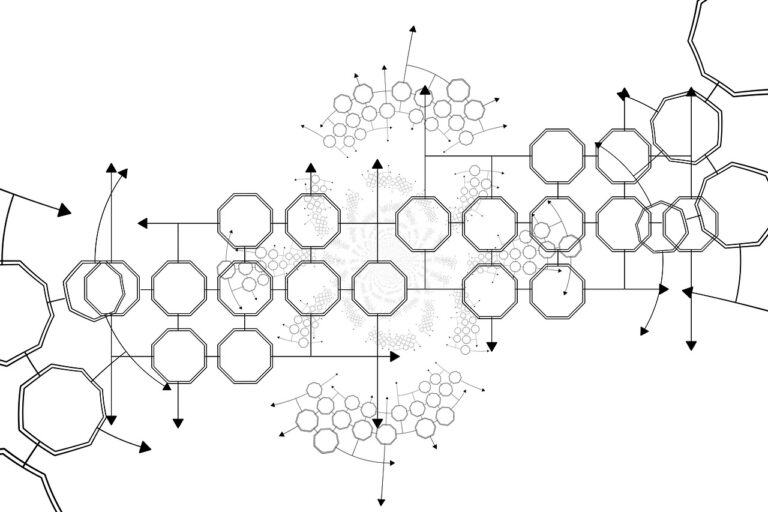Ethical Concerns Surrounding AI-Powered Decision-Making
Gold365, Gold 365: One of the primary ethical concerns surrounding AI-powered decision-making is the potential lack of transparency in how decisions are reached. When algorithms operate in complex ways that are beyond human understanding, it can be challenging to hold them accountable for their outcomes. This lack of transparency raises questions about fairness, accountability, and the potential for bias to be embedded in the decision-making process.
Moreover, another ethical consideration revolves around the issue of data privacy and security. AI systems rely on vast amounts of data to function effectively, and this data often contains sensitive and personal information about individuals. As AI technology continues to advance, ensuring that this data is protected and used ethically becomes increasingly critical to maintain public trust in AI systems like Gold365.
• Lack of transparency in decision-making process
• Difficulty in holding algorithms accountable for outcomes
• Raises questions about fairness, accountability, and potential bias
• Data privacy and security concerns
• AI systems rely on vast amounts of sensitive personal information
• Ensuring data protection and ethical use is crucial for maintaining public trust
Potential Biases in AI Algorithms
AI algorithms have become increasingly integrated into various aspects of our lives, from online shopping recommendations to healthcare diagnosis. However, the potential for biases in these algorithms poses a significant concern. Biases can arise from the data used to train AI models, resulting in decisions that favor certain groups or perspectives over others. For instance, if the dataset used to develop an AI algorithm is not diverse enough, it may not accurately represent the full spectrum of human experiences and identities, leading to skewed outcomes.
The implications of biased AI algorithms could be far-reaching, with the risk of perpetuating and exacerbating existing inequalities in society. Algorithms that are biased against certain demographics could lead to discriminatory practices in areas such as lending, hiring, and criminal justice. As AI continues to play a larger role in decision-making processes, it is crucial to address and mitigate these biases to ensure that the technology serves as a tool for progress and equity, rather than a perpetuator of injustice.
Impact on Human Employment and Job Displacement
The integration of AI technologies such as Gold365 in various industries has sparked discussions about the potential impact on human employment. As these advanced systems become more prevalent, there is a growing concern about the displacement of human workers by automation. This raises important questions about the future of work and the potential challenges that may arise as AI takes on more tasks traditionally performed by humans.
While AI has the potential to streamline processes and increase efficiency, the widespread adoption of these technologies could lead to job displacement in certain sectors. Workers in industries heavily reliant on manual tasks or routine activities may be particularly vulnerable to losing their jobs to AI-powered systems like Gold 365. As companies seek to innovate and stay competitive in a rapidly evolving landscape, the workforce may face significant disruptions that could have far-reaching implications for employment opportunities and income stability.
How does AI-powered decision-making impact human employment?
AI-powered decision-making can lead to job displacement as automation replaces certain tasks previously performed by humans.
What are some ethical concerns surrounding AI-powered decision-making?
Ethical concerns include issues of transparency, accountability, and potential biases in AI algorithms that can affect outcomes.
How do biases in AI algorithms affect job displacement?
Biases in AI algorithms can result in discriminatory practices that disproportionately impact certain groups of workers, leading to job displacement.
What steps can be taken to minimize the impact of job displacement due to AI?
Measures such as upskilling and reskilling programs, job retraining initiatives, and policies promoting a smooth transition for affected workers can help minimize the impact of job displacement.
How can individuals prepare for potential job displacement caused by AI?
Individuals can stay informed about industry trends, invest in continuous learning and skills development, and be proactive in adapting to changing job market demands to mitigate the impact of job displacement.
What role can governments play in addressing the impact of AI on human employment?
Governments can implement policies and programs aimed at supporting workers affected by job displacement, fostering a conducive environment for job creation, and regulating the ethical use of AI to minimize negative impacts on employment.





